AI / Detail
AI and Biotechnology Convergence: Shaping the Future of Precision Medicine
Michael Jack | 21 August 2025 | 11:12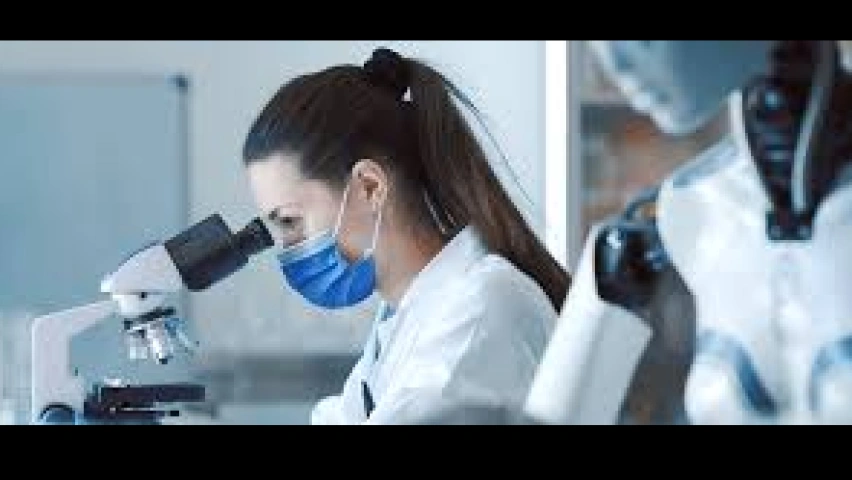
The merging of Artificial Intelligence (AI) and Biotechnology is quickly changing how healthcare works.
This partnership—called AI-Biotech Convergence—is leading to major breakthroughs in drug discovery, genetic engineering, diagnostics, and patient care.
From AI-powered CRISPR improvements to predicting protein structures with AlphaFold, the impact now touches almost every area of biomedical research and personalized medicine.
Speeding Up Health Research
AI is now a driving force in medical research, cutting down the time and cost of experiments. Machine learning systems can analyze millions of data points and find new treatment targets much faster than traditional methods. For example, AI can:
- Predict how diseases develop by studying complex biological systems and understanding how genes and the environment work together to cause illness.
- Simulate how drugs will interact in the body, helping researchers test possible medicines on computers before real trials, which lowers risk and expense.
- Improve CRISPR gene-editing by suggesting the best guide RNAs, predicting unwanted side effects, and making edits more accurate and safe for both medicine and agriculture.
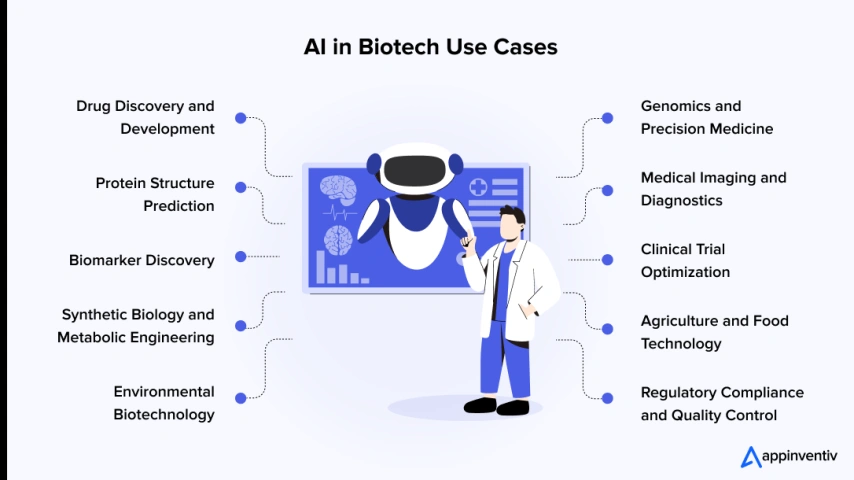
| Aspect | Before AI-Biotech | After AI-Biotech Implementation |
| Drug Discovery | 10–15 years on average, very costly, many failures | 2–5 years in some cases, lower costs, higher success rates |
| Genetic Editing (CRISPR) | Manual trial-and-error design, higher risk of errors | AI-guided edits with precision, fewer mistakes, safer outcomes |
| Patient Care | Reactive treatments, high readmission rates | Predictive care, personalized medicine, fewer hospitalizations |
| Diagnosis | Slower lab results, heavily dependent on doctor’s intuition | Faster, AI-assisted, more accurate with predictive insights |
Patients often describe these changes as a “healthcare revolution.”
Users of Cera say AI tools make them feel safer at home and reduce emergency hospital trips. One patient explained: “For the first time, I feel like my care is ahead of my illness, not behind it.” Experts agree.
Dr. David Fajgenbaum of the Every Cure initiative said: “AI gives us the power to rapidly uncover treatments hiding in plain sight. This is not incremental—it’s transformational for medicine.”
Looking Forward
Challenges remain, such as data privacy, fair access, and avoiding bias in AI systems. But the progress is undeniable.
AI-Biotech convergence is moving healthcare from being reactive to predictive and personalized. With stronger computers, better data integration, and collaboration across institutions, the next decade will likely see AI-driven precision medicine become a normal part of healthcare worldwide.
This revolution is already here. AI is no longer just a tool for scientists—it is now a partner in understanding life itself.
It is opening the door to medicine that not only saves more lives but also improves quality of life while lowering costs. The biggest challenge now is making sure these benefits reach everyone, not just a few. Ensuring fairness and accessibility will be key to shaping the future of healthcare in this new era.
Related
-

Invisible Computing and the Rise of Smart Glasses: Market Dynamics, Strategies, and Challenges Ahead
AI22 August 2025
-
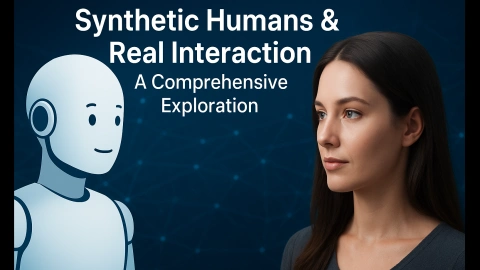
Synthetic Humans and Real Interaction: A Comprehensive Exploration
AI20 August 2025
-
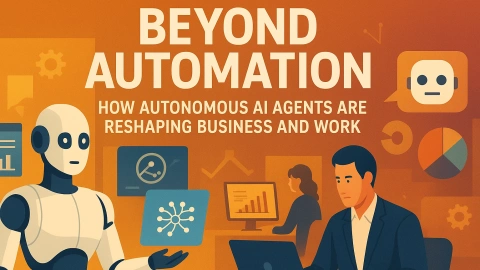
Beyond Automation: How Autonomous AI Agents Are Reshaping Business and Work
AI19 August 2025
-

Best AI Tools for Stock Research in 2025: What’s Worth Using?
AI03 August 2025
-

Can AI Predict Market Crashes? What We Know (and Don’t)
AI03 August 2025
-
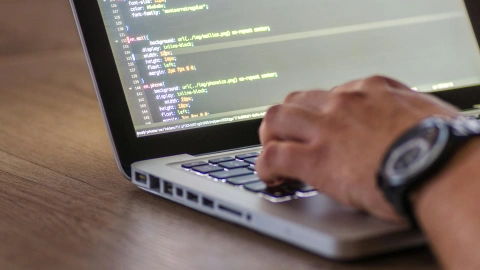
Subscription Fatigue? How to Choose SaaS That Delivers Real ROI
AI31 July 2025
Editor's Pick
-

-

Can AI Predict Market Crashes? What We Know (and Don’t)
03 August 2025 -

-
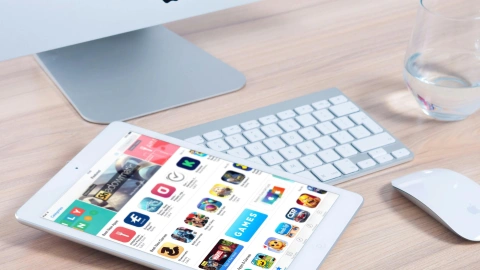
-
